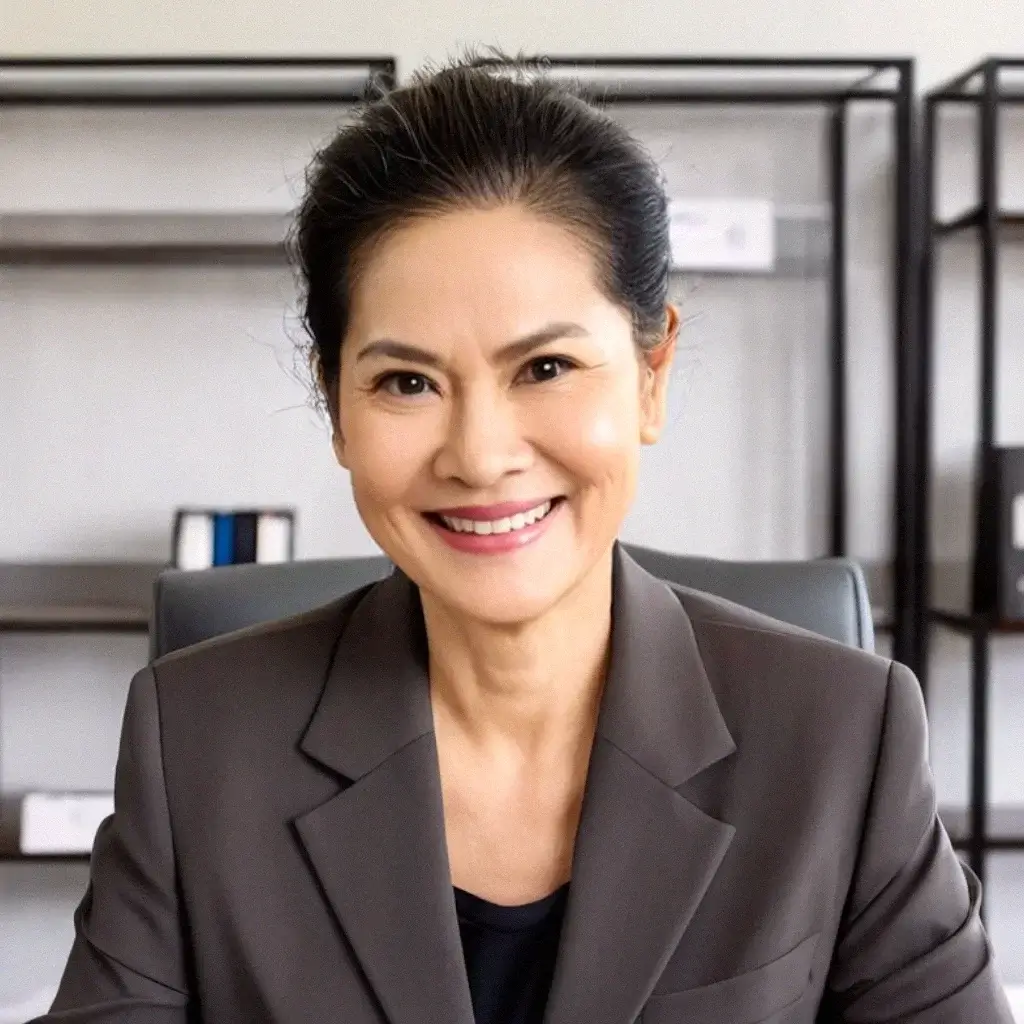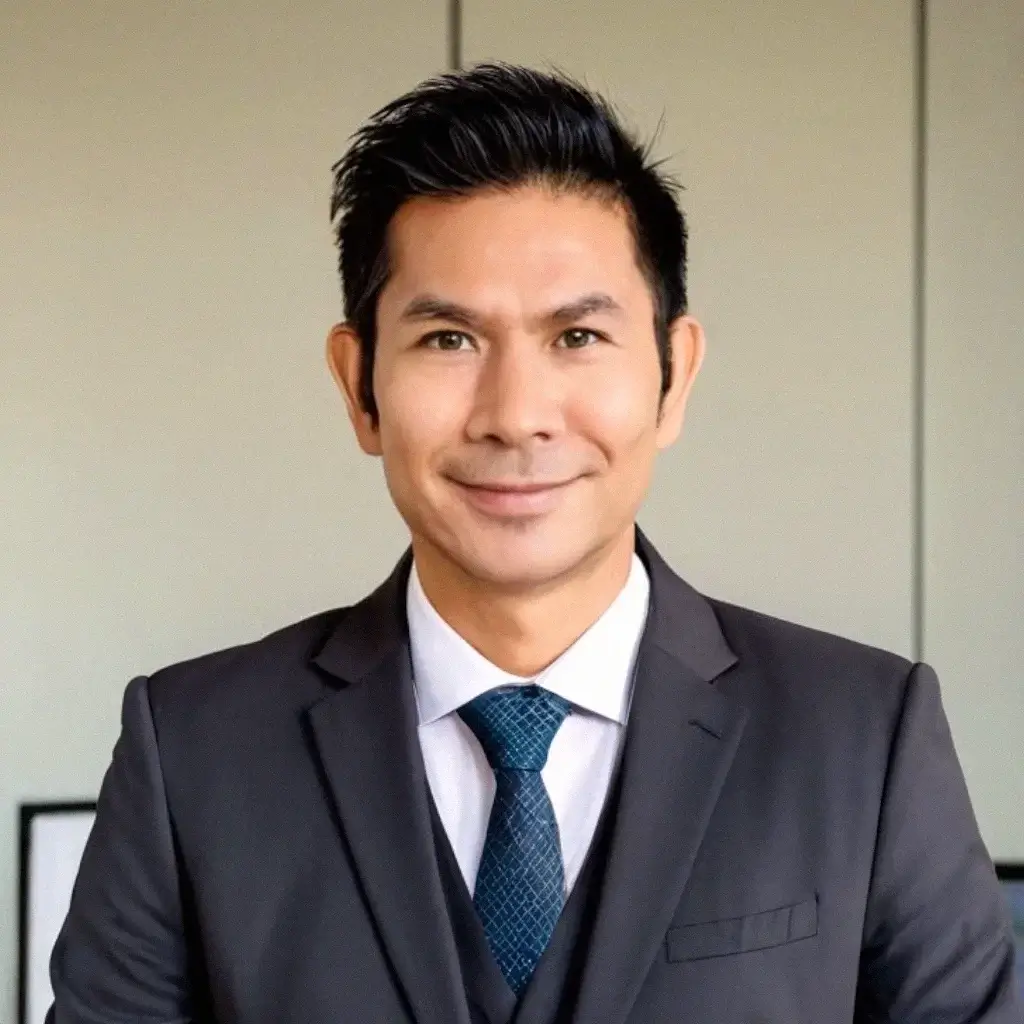Copyright is an automatic right that arises when a work is created, which means that some rights can exist automatically without needing to be formally registered. However, the proof of ownership that SMEs obtain by registering their Copyright can save them time and money later in the event of a copyright dispute. Registration is therefore always recommended. Works can be defined as literary or artistic creations, photographs, drawings, models, databases, websites, computer software, images, sculptures, multimedia works, and architecture. Besides, as soon as one of these works is created in one of the Berne Convention’s signatory countries, copyright protection automatically applies in all other countries that are also party to the Convention. One hundred seventy-one countries are currently members of the Berne Convention for the Protection of Literary and Artistic Works, including all E.U. Member States and 8 of the 10 countries of the ASEAN (in 2016, Cambodia and Burma were not part of the Convention).
Copyright protects all “intellectual” works, in other words, all intellectual and artistic creation, provided that it is original and materialized in any form. Therefore, Copyright does not protect ideas and concepts, but only the work that results from them, Please note that the protection of artistic works has specific features.
Copyright has been able to adapt and protect to technological developments. Particular software has thus been created, while rights related to copyright protect performers and producers of videogames.
The work is a concept that “took shape”. Only that result is covered by Copyright. The design itself is not. Therefore, it is always permissible to take up the idea underlying a work, re-use it differently, and make it concrete in another way.
However, the work must not have a “hard” medium to be protected. A choreography, for example, is protected by copyright even though it has no material support. Thus, creating a website allowing Internet users to send electronic greeting cards is not protected. Therefore, creating such a site will violate the Copyright of those who have already developed an e-cards site. There could be an infringement of Copyright if we organize the site in the same way, for example, using the same interface, the same tips, the same small services, etc. The same will apply to online encyclopedias, or even sites constituting social networks.
Likewise, the technique of mixing music pieces, integrating extracts of songs into a new track, is not protected. A mix in itself is, on the other hand, protected and constituting a counterfeit the fact of making the same mixes.
The subject of a novel is not protected either. In Romeo and Juliet, the topic, which consists of the birth of a love story between two people from enemy families, is not protected. Everyone could take this idea and make it another account or a song, or even a comic book or a painting. On the other hand, we would infringe Copyright if we copied the plot of the novel, the sequence of events, the character profiles, or the passages from the book.
The author is the natural person under whose name the work is disclosed. Some jobs are composed by several authors or contributors, and may even use pre-existing works that he is not himself.
An author has different rights over his work:
To get this protection, it is essential that the depositor owns the content to be protected and that the material has already been broadcast or not.
We find this situation with the employee of a company that also owns the Copyright in works produced by workers at the employer’s request unless otherwise provided by agreement between the employer and the employee.
Copyright registration serves to establish a legally recognized basis of ownership of a created work. Registered copyrights protect against competing claims regarding the purchase and use of a job.
The registration process in Thailand includes filing the document, evaluating it, approving the submission, processing the material electronically, and granting a registration certificate. Usually, the cycle lasts between three and four months.
The copyrights and warranties given in Thailand vary depending on whether the copyright holder is a person or a legal organization, and whether the work was previously written in Thailand or has copyright international protection.
Unpublished plays owned by individuals are copyrighted for the author’s life and continue after death for 50 years. If several writers jointly own a novel, copyright protection is extended for the next 50 years after the end of the last living co-author.
Written works owned by individuals enjoy protection for 50 years from the first date of publication of the work.
Unpublished works owned by legal entities enjoy protection for 50 years from the date of creation of the work.
Works published by legal entities benefit from a guarantee for 50 years from the first publication of the work.
Copyright laws differ from jurisdiction to jurisdiction. The protection granted the kingdom of Thailand may, therefore, not be immediately recognized abroad. However, it has been harmonized at the international level. In the application of the Berne Convention for the Protection of Literary and Artistic Works, you will be able to benefit your rights in most countries provided, again, that you prove that you are the maker or the author of the work.
Abuse of Copyright in Thailand is a criminal offense under the Thai Copyright Act of B.E. 2537 (1994). If the crime was committed for economic reasons, imprisonment might be imposed in the event of prosecution.
If your goal is to have duplicate content removed, it is essential to report the violation of the Internet service provider hosting that content and popular search engines such as Google and Yahoo, requesting the removal of their search results. Pages containing infringing material. When you reside in Thailand, because the crime was committed in Thailand, you will even have the right to claim this deletion and also to file a complaint.




